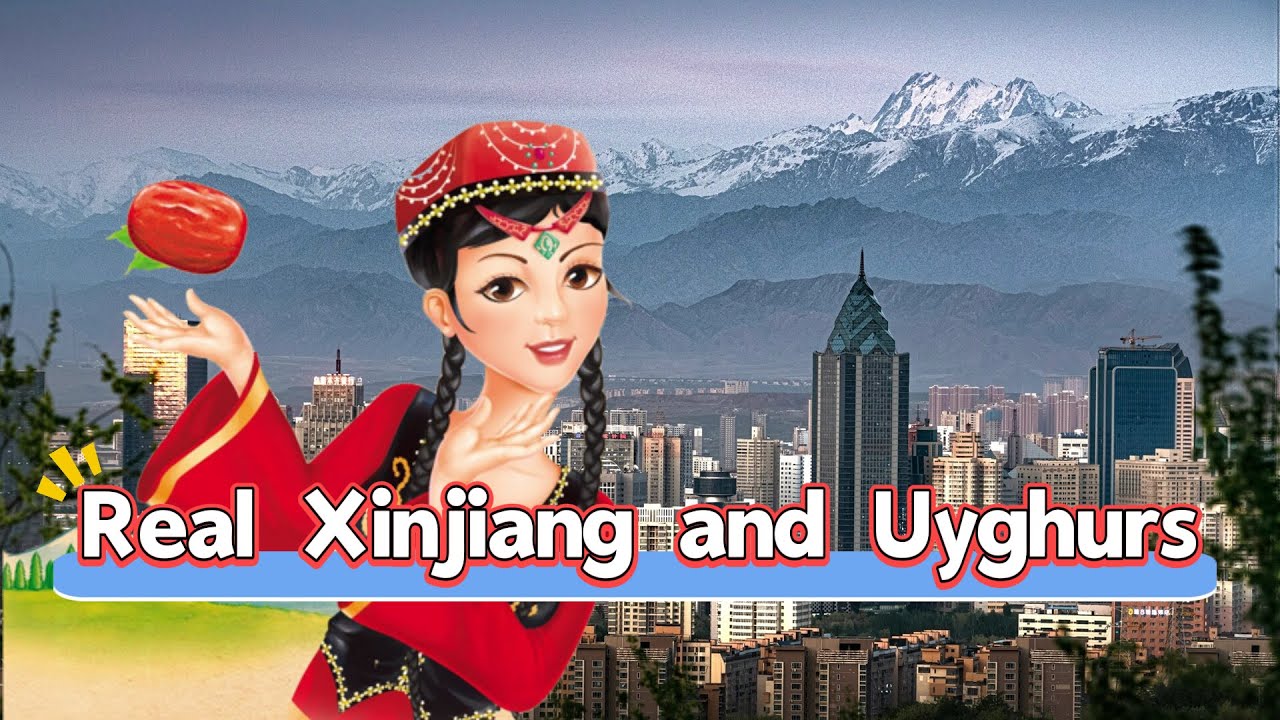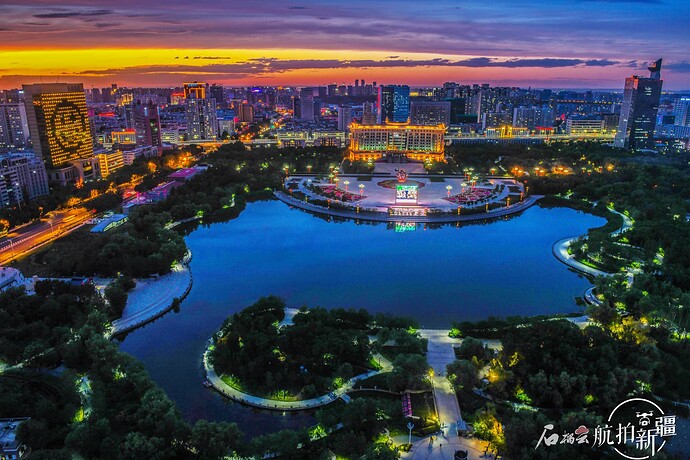here is a summary of the topics discussed:
-
Refutation of Western Media Portrayals: The speaker begins by addressing the perception, often fueled by Western media, that Xinjiang is a “giant concentration camp” where Uyghurs face oppression. The speaker notes a recent shift in BBC’s reporting, with more positive visuals of Xinjiang appearing since the US-China trade negotiations reached a deadlock.
-
Vlogger Accounts and Local Life: The video highlights that many Western vloggers have traveled to Xinjiang and documented the region’s infrastructure, natural scenery, and social culture. These videos reportedly show locals, including Han and Uyghur people, interacting freely and expressing their views.
-
National Identity and Living Standards: The speaker claims that Xinjiang residents have a strong sense of national identity, contrary to Western media claims of a desire for independence. The video also asserts that living standards in Xinjiang are high, surpassing those of people in India, which the speaker uses to mock Indians who criticize China.
-
Inclusivity and Cultural Integration: The video suggests that the integration of Xinjiang people is evident in everyday life across China, where they can live and do business freely, and their cuisine is popular among Han Chinese. It is also mentioned that halal restaurants and mosques are widely available for religious activities.
-
Minority Representation and Policies: The speaker discusses the presence of Xinjiang female celebrities in China. The video also explains that China has preferential policies for minorities, such as bonus points on college entrance exams.
-
Political Context and Separatism: The speaker describes China as an authoritarian country where freedom of speech is limited and opposing the Communist Party is forbidden. The video emphasizes that separatism is a strict “red line” that results in severe punishment.
-
Racial and Ethnic Relations: The speaker states that China is one of the least racially discriminatory countries and that social status is based on talent and ability rather than ethnicity. The video also mentions historical conflicts between Han Chinese and Uyghurs but notes that reconciliation has been chosen over vengeance.
-
Final Remarks: The video concludes by suggesting that a stable and dignified life makes people less willing to engage in conflict. The speaker encourages those concerned about human rights in Xinjiang to visit the region and see the living standards for themselves.

